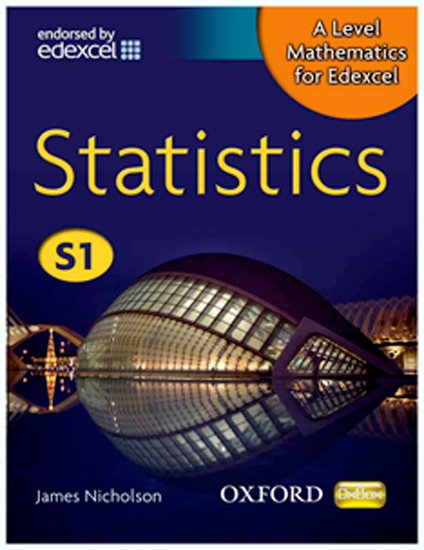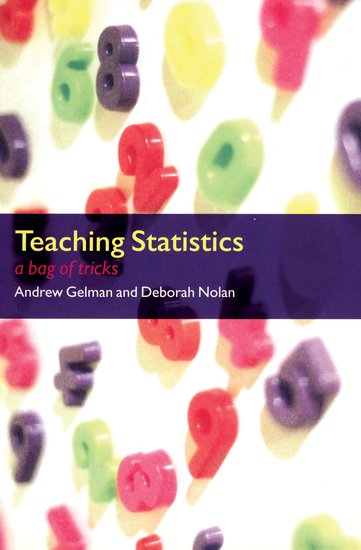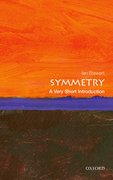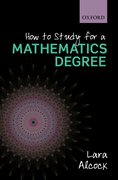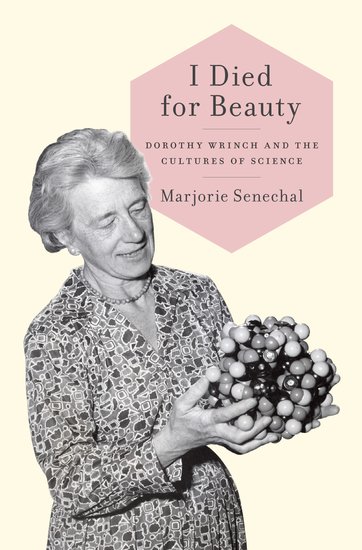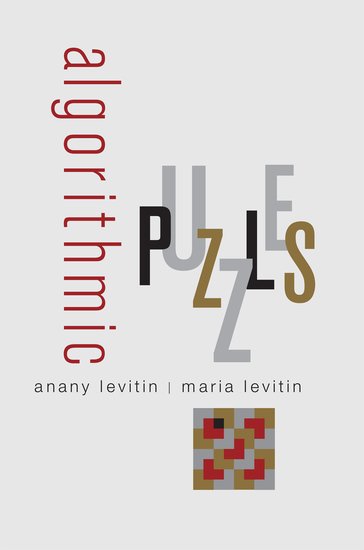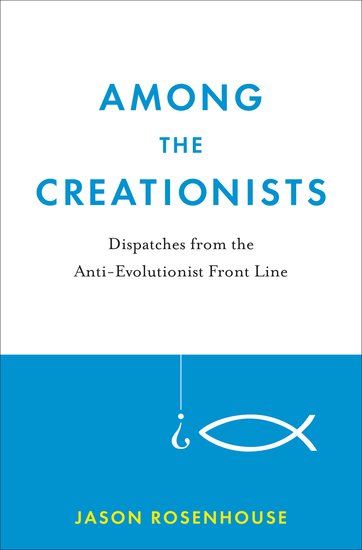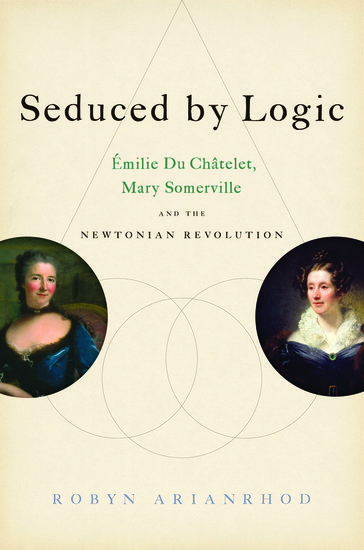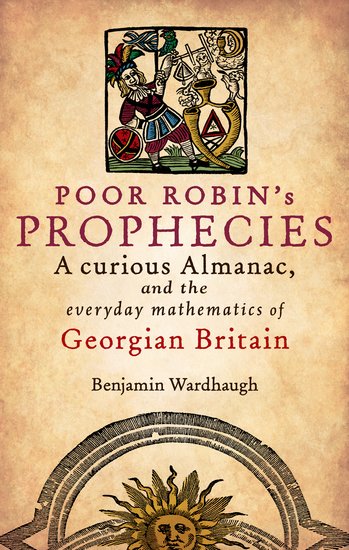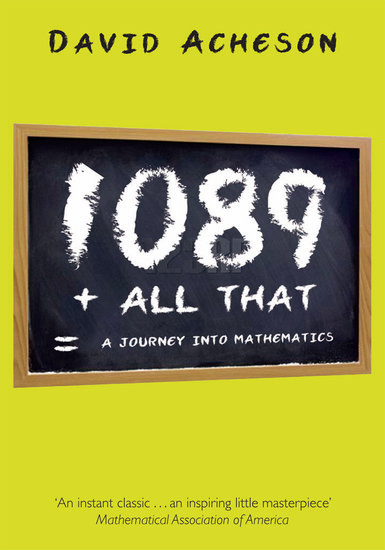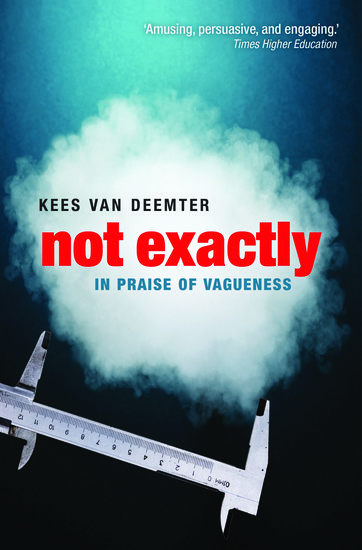Making sense with data visualisation
By James Nicholson
Statistics to me has always been about trying to make the best sense of incomplete information and having some feeling for how good that ‘best sense’ is. At a very crude level if you have a firm employing 235 people and you randomly sample 200 of these on some topic, I would feel my information was pretty good (even though it is incomplete).

